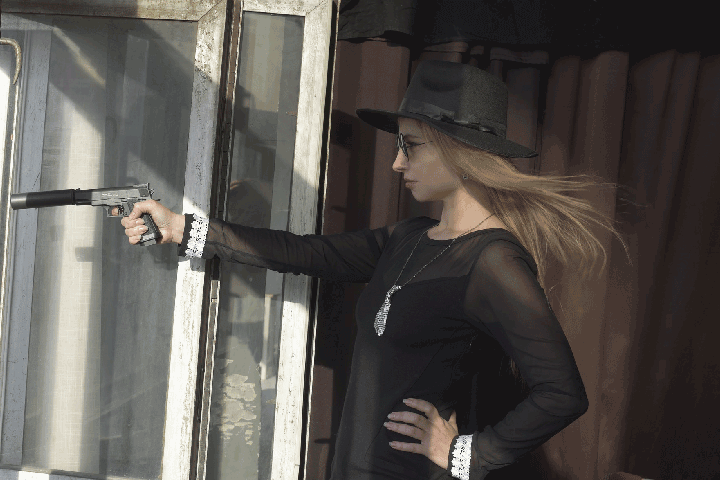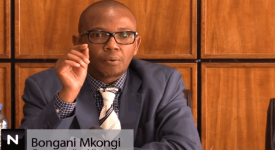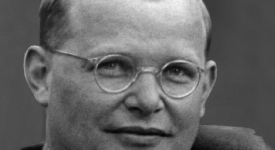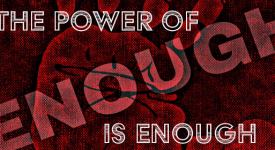The story of my life perfectly fits into the Narrator’s “struggle” metaphor in the drama The God’s Are Not to Blame, by Ola Rotimi. While my struggles are still ongoing, with so many victories won, the protagonist in the play encountered a tragic but predestined end. My life started in the boisterous city of Lagos. An orphan child, left to fend for himself, or die by the unforgiving hands of the elements.
For most of the kids who grew up with me in our neighborhood, there was no lacking in excuses to become a thug, a primary school dropout, or at the best, a middle school dropout; those who went beyond these stages were literally considered to be geniuses or handworks of a miracle! Notorious for producing hardcore gang members, my street was a no-go-area to the police force. I remember one incident, the one that eventually had the most defining impact on my thinking.
It was on a Sunday morning. Most of the residents on our streets were performing the normal rituals preceding attendance at some house of worship. I was about 11 years of age. Then, I was living with a kind family, that had, on humanitarian grounds, agreed to let me be in their home on the condition that I serve as their house help, which was not an uncommon occurrence in that part of the country. The man, a leader at one of the popular motor parks, was vying for a political post against a notorious gang leader, whose forte was assassinations or broad day murders. Kelani, as he then was known, was a frequenter at the police station. His notoriety won him a permanent room at the public jail. But no sooner had he been arrested than a politician called up the Divisional Police Officer to procure his release. Thus, Kelani grew into a thorn in the flesh of an entire community. His power was untamed, a terrifyingly contagious fear accompanied his fame. It was him that my benefactor competed against.
But on this gloomy Sunday, we were preparing to attend Sunday service at the only church located behind our street when, suddenly gun shots rent the air. It was just eight days before the elections. The pandemonium which followed the abnormality of the frenzy could not have emerged from this plain. Weapons-wielding children who were as young as my age emerged, Kelani leading them. They marched as if they had received some definite dosage of paramilitary training. As a child myself, I was caught up beholding and appreciating what I thought was a rapturous beauty of children marching down our street on what one might have mistakenly categorized as an innocent Sunday morning that I could not fathom the violence and chaos that I was unfolding. But I noticed that the children began to take strategic positions at every corner of the street. It was surreal. Then about six of them marched to our building, and then to our flat. That was the day a new faith was born in me. As Kelani approached the door, my beneficiary made a last decision to confront this monster once and for all. It was the last time he would live. Kelani raised the gun, a rifle, in his hands, pulled the trigger and number of times. I do not know how many. But the depth of those sounds became the beginning of my determination to never doubt that I could escape that environment.
I started running.
I am running.
I will run.
To me.







